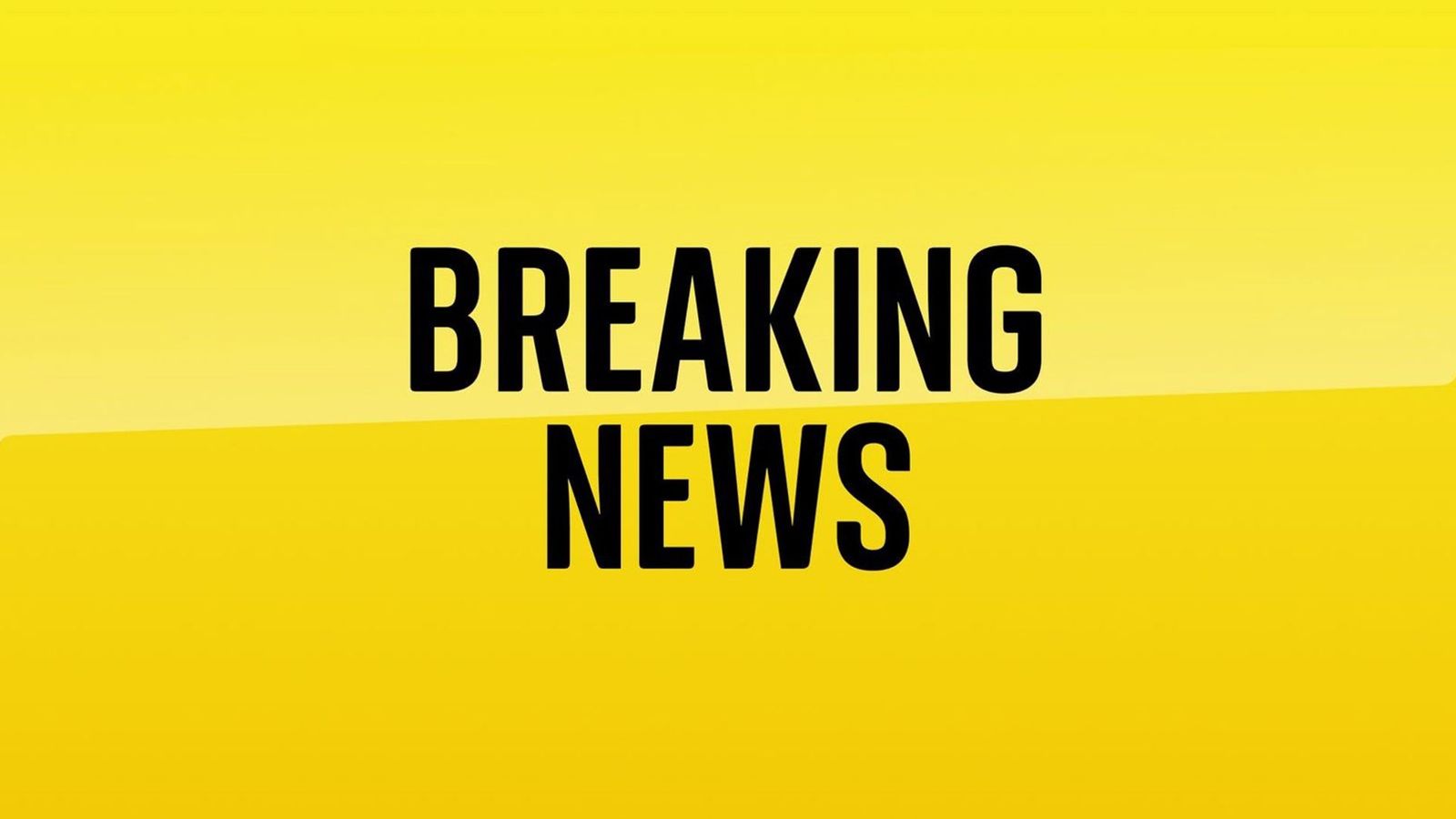The chair of the COVID inquiry says it is up to her to decide what evidence is “relevant or potentially relevant” amid a legal row with the government over Boris Johnson’s WhatsApp messages.
Baroness Hallett refused to withdraw her order for the government to hand over unredacted material for her investigation as she formally opened the COVID inquiry on Tuesday.
It comes just days after the government launched a judicial review over her order to the Cabinet Office that it hand over Boris Johnson’s unredacted WhatsApp messages and other documents.
The former prime minister has already sent “all unredacted WhatsApps” directly to the inquiry.
Acknowledging the legal battle, Baroness Hallett said: “As has been widely reported in the media, an issue has arisen between the inquiry and the Cabinet Office as to who decides what is relevant or potentially relevant.
“I issued a notice under Section 21 of the Inquiries Act 2005 making it clear that, in my view, it is for the inquiry chair to decide what is relevant or potentially relevant.
“The Cabinet Office disagrees, claiming they are not obliged to disclose what they consider to be unambiguously irrelevant material. They invited me to withdraw the Section 21 notice. I declined.
“They are now challenging my decision to decline to withdraw the notice in the High Court by way of judicial review.
“With litigation pending and as the decision-maker, I can make no further comment.”

